All Formats & Editions

The Conduct of Life
The Conduct of Life by Ralph Waldo Emerson is an inspiring and thought-provoking collection of writings on the importance of living a moral and conscious life. Through his exploration of the inner workings of the individual, Emerson offers readers a unique perspective on the...

The Conduct of Life
Ralph Waldo Emerson (May 25, 1803 - April 27, 1882), was an American essayist, lecturer, and poet who was at the forefront of the Transcendentalist movement of the mid-19th century. In 'The Conduct Of Life' Emerson explores philosophical ideas such as "the question of the times:"...
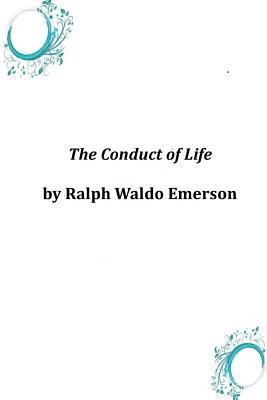
The Conduct of Life
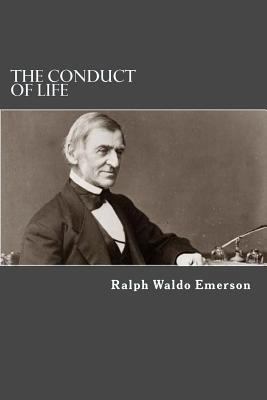
The conduct of life

The Conduct of Life
Ralph Waldo Emerson's 1860 book, The Conduct of Life is among the gems of his mature works. First published in the year of Abraham Lincoln's election as President, this work poses the questions of human freedom and fate. It emphasizes Emerson's philosophy and thoughts on such...
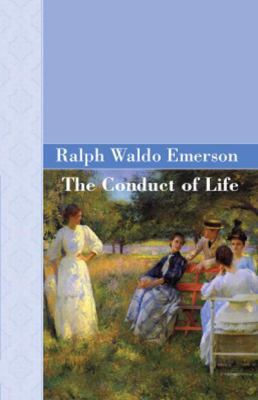
The Conduct Of Life

Emerson's Complete Works: Conduct of Life
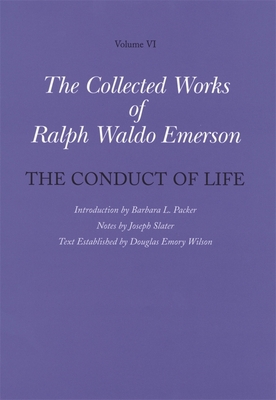
Collected Works of Ralph Waldo Emerson
The essays in this book, first published in 1860, were developed from a series of lectures on "The Conduct of Life" delivered by Emerson during the early 1850s. Some of the original lectures were dropped and the rest were considerably revised, with new topics introduced. The...
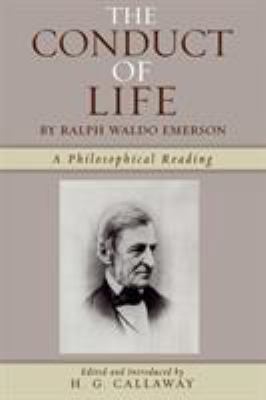
The Conduct of Life: By Ralph Waldo Emerson
Ralph Waldo Emerson's 1860 book, The Conduct of Life is among the gems of his mature works. First published in the year of Abraham Lincoln's election as President, this work poses the questions of human freedom and fate. The book, here newly edited from the original 1860 edition...

The Conduct of Life
The Conduct of Life It chanced during one winter, a few years ago, that our cities were bent on discussing the theory of the Age. By an odd coincidence, four or five noted men were each reading a discourse to the citizens of Boston or New York, on the Spirit of the Times. It...
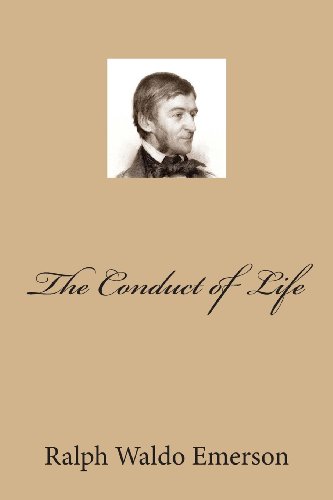
The Conduct of Life
The Conduct of Life is a collection of essays by Ralph Waldo Emerson published in 1860 and revised in 1876. In this volume, Emerson sets out to answer "the question of the times: " "How shall I live?" It is composed of nine essays, each preceded by a poem. These nine essays are...
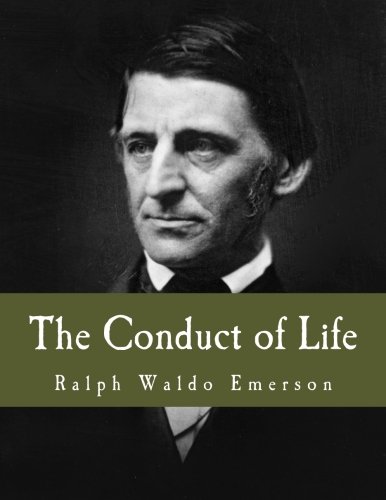
The Conduct of Life (Large Print Edition)
LARGE PRINT EDITION! More at LargePrintLiberty.com.A great American thinker discusses to what extent we control our own destiny, and other central concerns of human life in this collection of essays. Ralph Waldo Emerson was one of the most important writers of 19th Century America,...
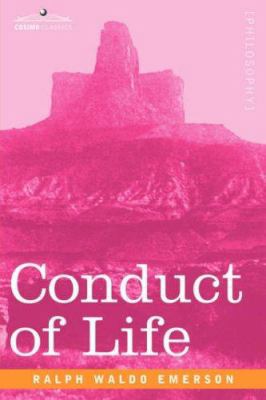
Conduct of Life
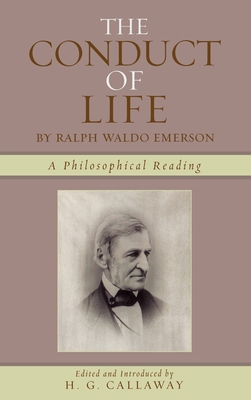
The Conduct of Life: By Ralph Waldo Emerson
Ralph Waldo Emerson's 1860 book, The Conduct of Life is among the gems of his mature works. First published in the year of Abraham Lincoln's election as President, this work poses the questions of human freedom and fate. The book, here newly edited from the original 1860...
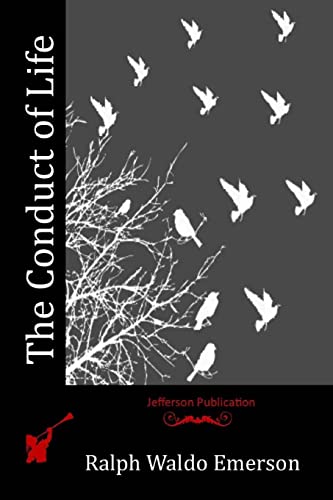
The Conduct of Life
Delicate omens traced in air To the lone bard true witness bare; Birds with auguries on their wings Chanted undeceiving things Him to beckon, him to warn; Well might then the poet scorn To learn of scribe or courier Hints writ in vaster character; And on his mind, at dawn of...
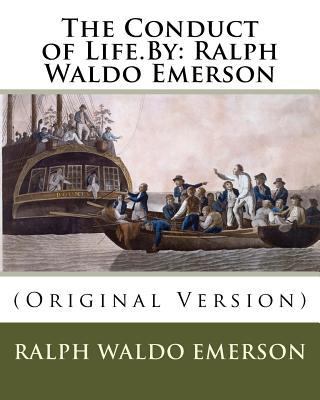
The Conduct of Life.By: Ralph Waldo Emerson: (O...
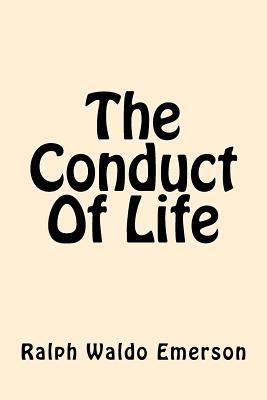
The Conduct Of Life
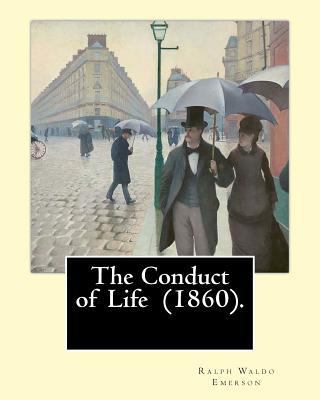
The Conduct of Life (1860). By: R. W. Emerson: ...
Ralph Waldo Emerson (May 25, 1803 - April 27, 1882) was an American essayist, lecturer, and poet who led the transcendentalist movement of the mid-19th century. He was seen as a champion of individualism and a prescient critic of the countervailing pressures of society, and he...
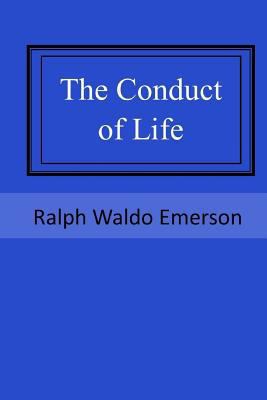
The Conduct of Life
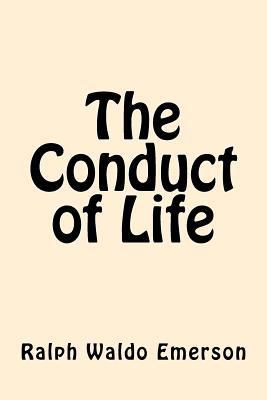
The Conduct of Life
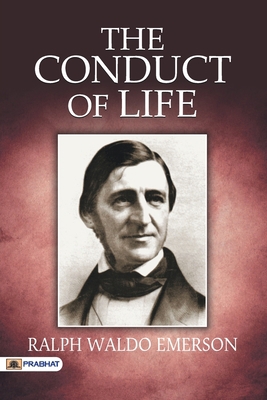
The Conduct of Life

The conduct of life,
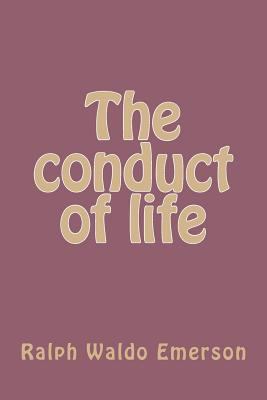
The conduct of life

The Complete Works of Ralph Waldo Emerson: The ...
This work has been selected by scholars as being culturally important, and is part of the knowledge base of civilization as we know it. This work is in the "public domain in the United States of America, and possibly other nations. Within the United States, you may freely...

The Conduct of Life
RALPH WALDO EMERSON (1803-1882), born in Boston, son of a Unitarian minister who died when Ralph was eight, leaving him and four other brothers (one mentally retarded) to the care of their mother and aunt. He was educated at Harvard, studied theology and became a pastor in Boston,...



